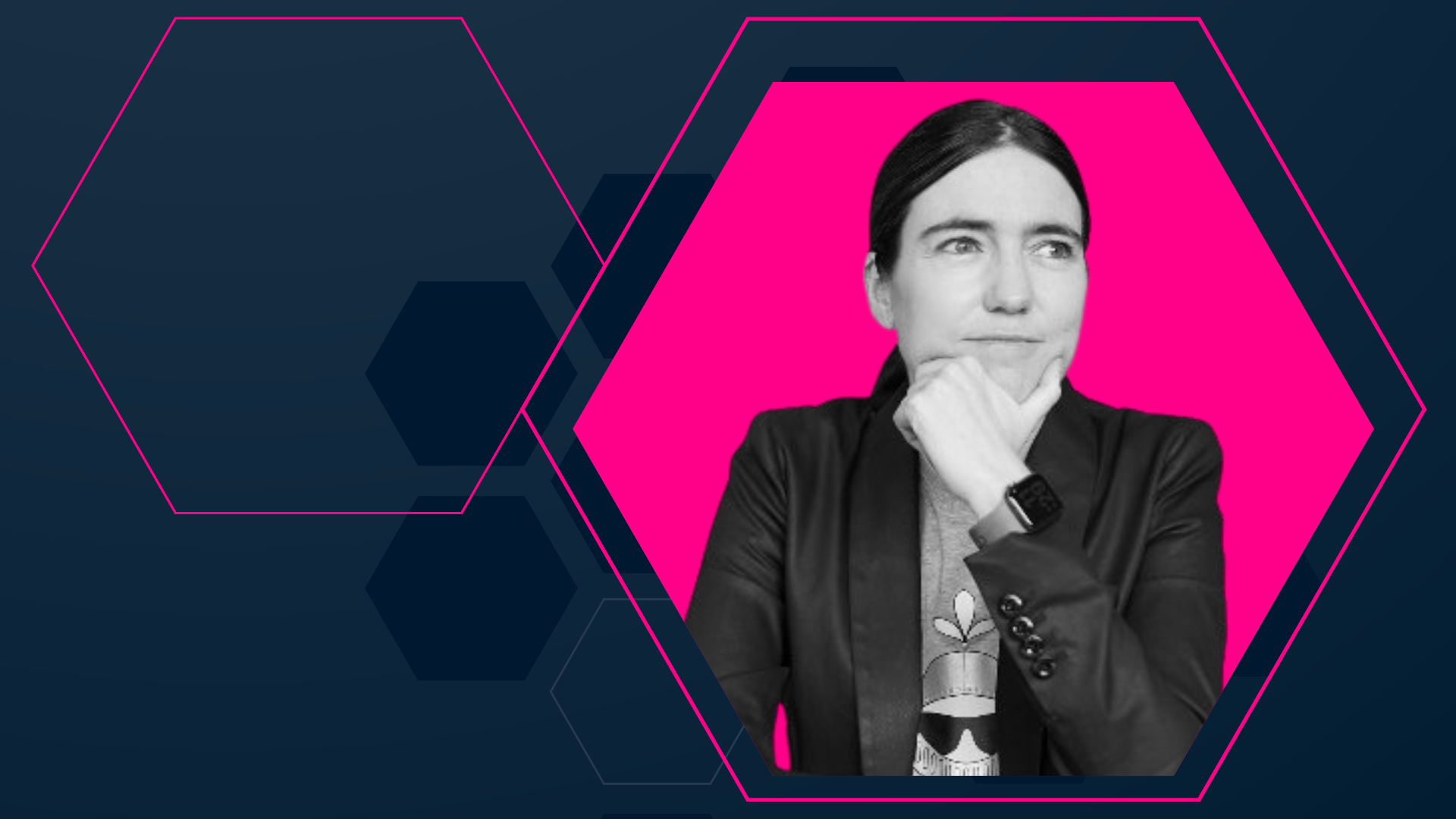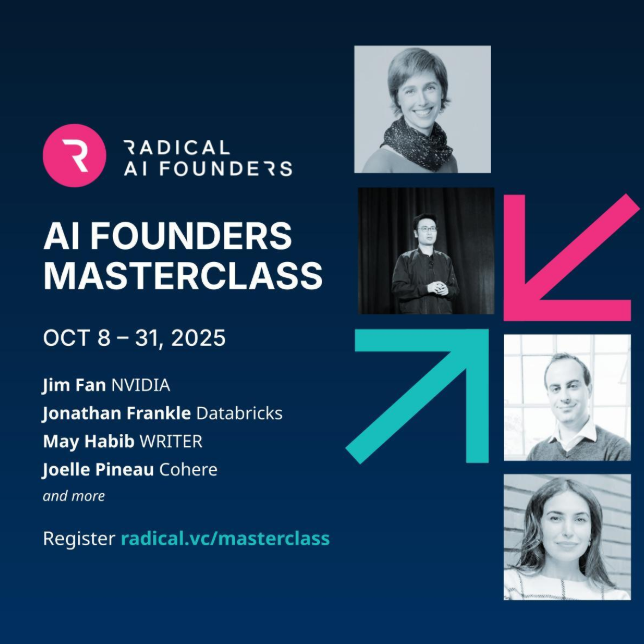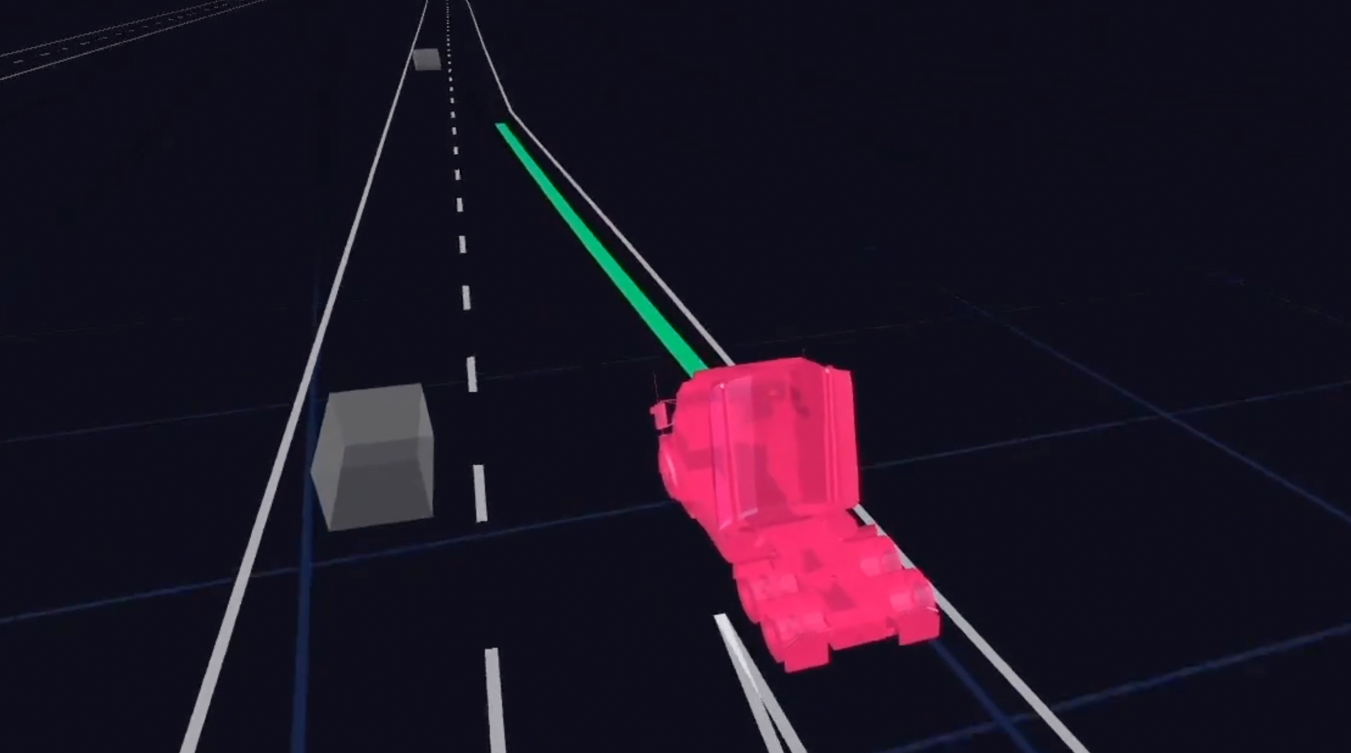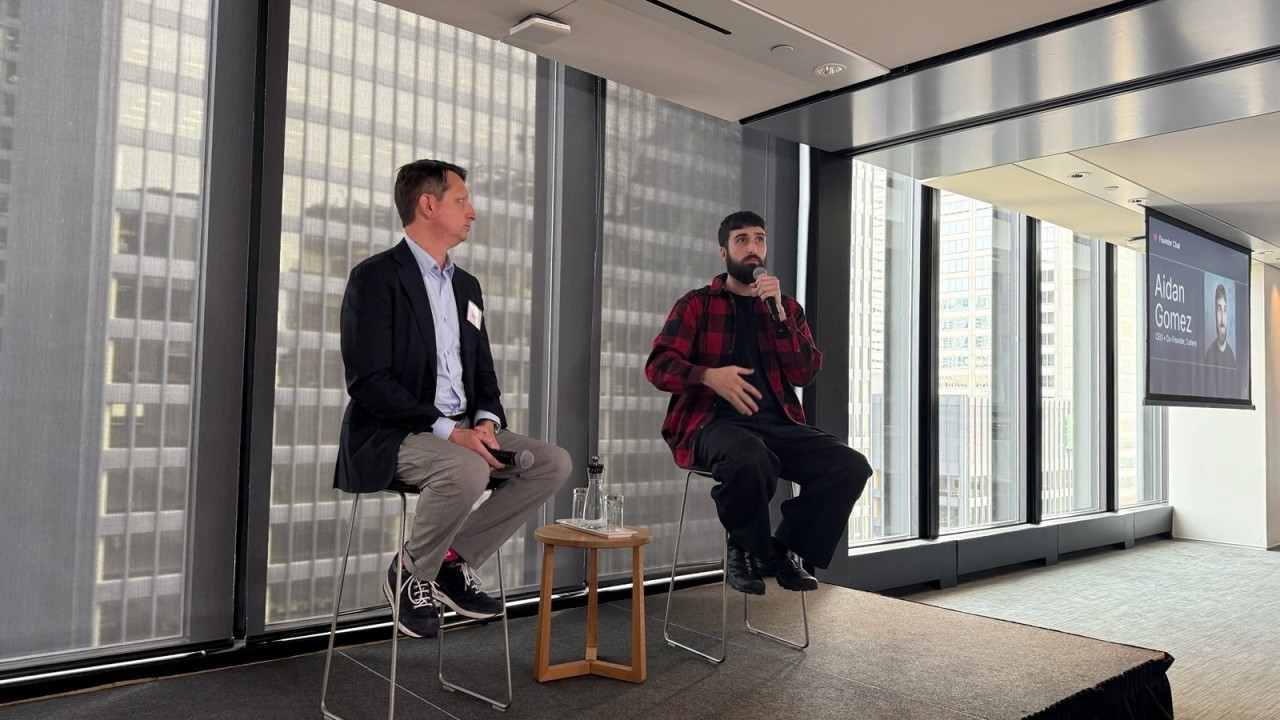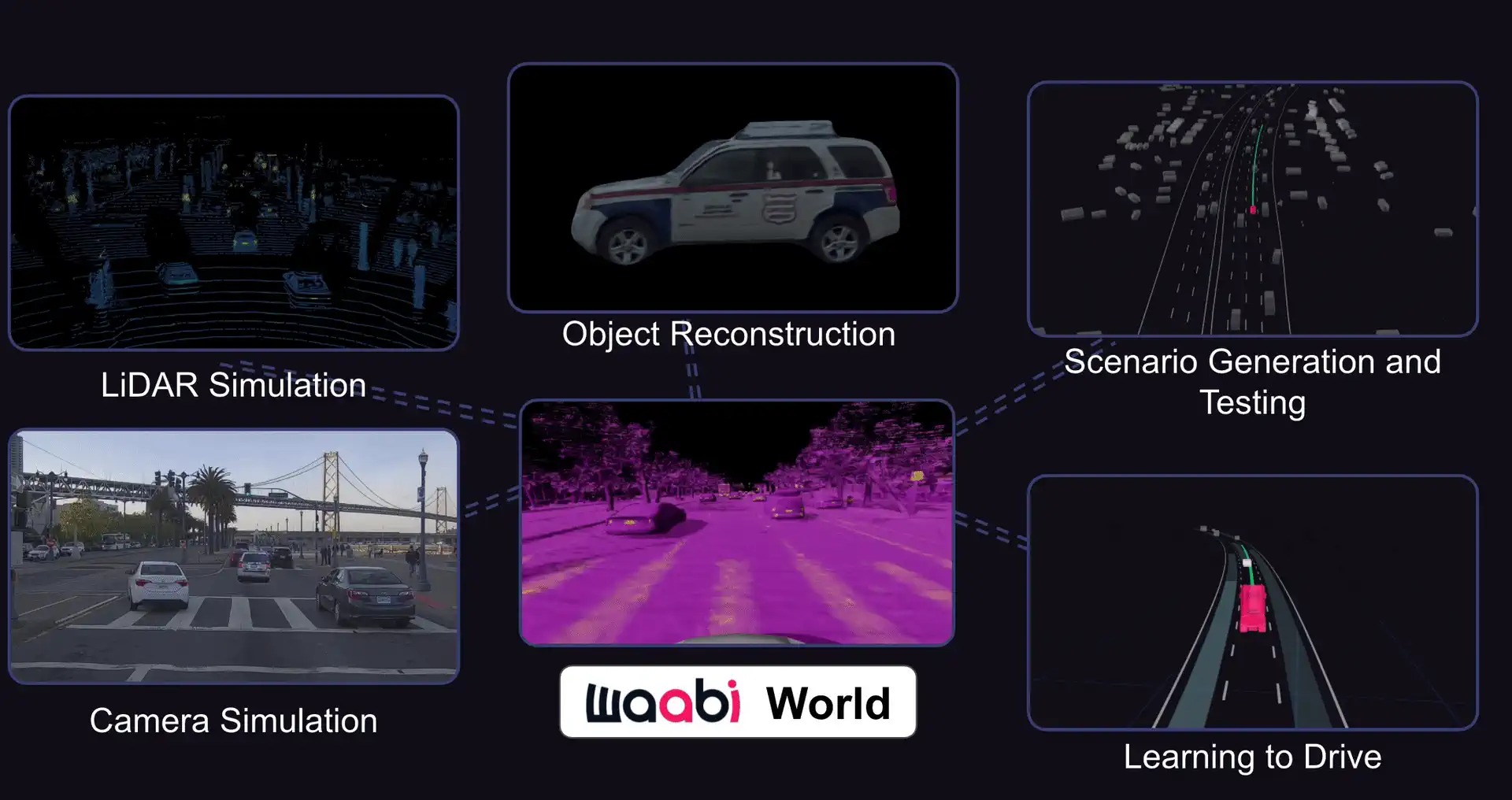Last year we set out to create a platform to help Artificial Intelligence researchers become entrepreneurs, and to build a like-minded community. Centred around the Radical Ventures AI Founders Master Class, this community has grown to over 1,000 researchers from around the globe. Our Master Class (in partnership with the Vector Institute for Artificial Intelligence and the Alberta Institute for Machine Intelligence), includes conversations with AI luminaries about how to make the leap from researcher to entrepreneur. Following this year’s 4-week Master Class program, 83% of participants claimed to feel confident about starting a business, up from 37% at the outset of the program.
This week we share an excerpt of our conversation with Raquel Urtasun, CEO and Founder of the AI-first self-driving company, Waabi. Raquel has had a tremendous impact on the global AI ecosystem as a pioneer in AI and as a co-founder of the Vector Institute for Artificial Intelligence. She spoke with Radical Ventures Partner Salim Teja. The following discussion is edited for length and clarity.
Salim Teja (ST): After running Waabi for a year and a half, what did you find that you were not prepared for professionally or personally?
Raquel Urtasun (RU): Because I founded the company by myself, and it’s the first company that I’ve founded, there have been so many skills to learn on the job. I did learn a lot previously as a professor, and as an executive at Uber ATG, but it has definitely been a challenge.
I’m an introspective person, so every day I look back on what I have done and ask, “how can I do it better?” And then I keep working to improve. Building a company is such a hard, but an exciting, thing. You should put all of your soul into it or you shouldn’t do it.
ST: You previously described founding a company as a roller coaster journey. How do you deal with that?
RU: I became an entrepreneur because I didn’t think the industry was going to solve the self-driving problem. For me, this is my life passion. I won’t stop until there are self-driving vehicles everywhere. So, I care a lot about the company. Understanding that your behaviour is going to affect the team is important. You need to be calm. It might not be in your nature to be calm, but no matter which fires are out there, handling them in the background is important to keep the team stable, excited, and moving forward. A thick skin takes time to develop, but it’s an important quality.
ST: What advice would you give to those considering entrepreneurship?
RU: Start building your network. To start, for those here in the Master Class, you’re part of this community with people who are going to be successful. In the beginning of my career, I was a shy person and I didn’t think people would want to talk to me or hear what I had to say. This was all wrong.
Get outside of your comfort zone and talk to those who have done it before. Entrepreneurship is not: I have an idea, so I found a company, get some funding, get acquired, and become a millionaire. That’s not what it is when you aspire to build something that will transform the world.
If you are an AI researcher interested in entrepreneurship, the Radical Ventures AI Founders community offers members an opportunity to join conversations with AI pioneers and access to practical seminars and resources designed to support entrepreneurs looking to commercialize their research.
AI News This Week
-
How farmers are adapting to climate change (CBS News)
The cranberries on your Thanksgiving table this year will likely be harder to find and grown further north in the coming years. To meet the new climate realities, farmers must change their crops and planting strategies. Worldwide, crop yields could decline by 30% by 2050. In response, food companies are turning to AI to help find solutions. Radical Ventures portfolio company ClimateAi‘s weather and climate prediction platform is featured as a key tool to identify climate risks for food companies and farmers.
-
Alán Aspuru-Guzik gives CIFAR Massey Talk on Disruptive Innovation and Opportunities in Renewable Energy and AI (Vector Institute)
Radical Ventures’ Scientific Advisor Alán Aspuru-Guzik is on a mission to combine chemistry with AI to create “disruptive innovation.” More than just a theory, Asupru-Guzik is putting this idea into practice. He is a pioneer in self-driving labs (SDLs) for the discovery of new materials, which reduces the materials discovery process by a factor of 10. If we hope to meaningfully tackle climate change and reverse the systemic resource pressures placed on the planet, we need to develop new materials faster and more efficiently.
-
We could run out of data to train AI language programs (MIT Technology Review – subscription may be required)
Language models are trained using texts from sources like Wikipedia, news articles, scientific papers, and books. In recent years, the trend has been to train these models on increasingly more data with the aim to make the models more accurate and versatile. Large language model researchers are flagging a concern that they are going to run out of this sort of data. In response, other researchers are quick to note the possibility of multiple training rounds, redefining quality categories, and the growth of synthetic data as means to mitigate any concerns over language scarcity. Simultaneously, state-of-the-art large language models are emphasizing efficiency and performance over size.
-
A breakthrough AI can track real-time cell changes revealing a key mystery in biology (Interesting Engineering)
Researchers have found a way to observe cell samples to study morphological changes — or the change in form and structure — of cells. This is significant because cells are the basic unit of life, the building blocks of living organisms, and researchers need to be able to observe what could influence the parameters of cells, such as size, shape, and density.
-
Refik Anadols’s colossal MoMA installation is a pinnacle of AI art (Fast Company)
Refik Anadol synthesized 180,000 artworks from the 200-year-old MoMa collection into a reactive piece of art, Unsupervised, now displayed in the museum’s lobby. This artwork stands out in the current slew of popularized generative pieces, generating in real-time based on visitor traffic and weather data in Manhattan. By today’s standards, the resolution is stunning. At 3840 by 3960 pixels, it’s likely the highest resolution image synthesis neural network ever created. To compare, a typical Stable Diffusion image resolution is 512 by 512 pixels.
Radical Reads is edited by Ebin Tomy (Analyst, Radical Ventures)

